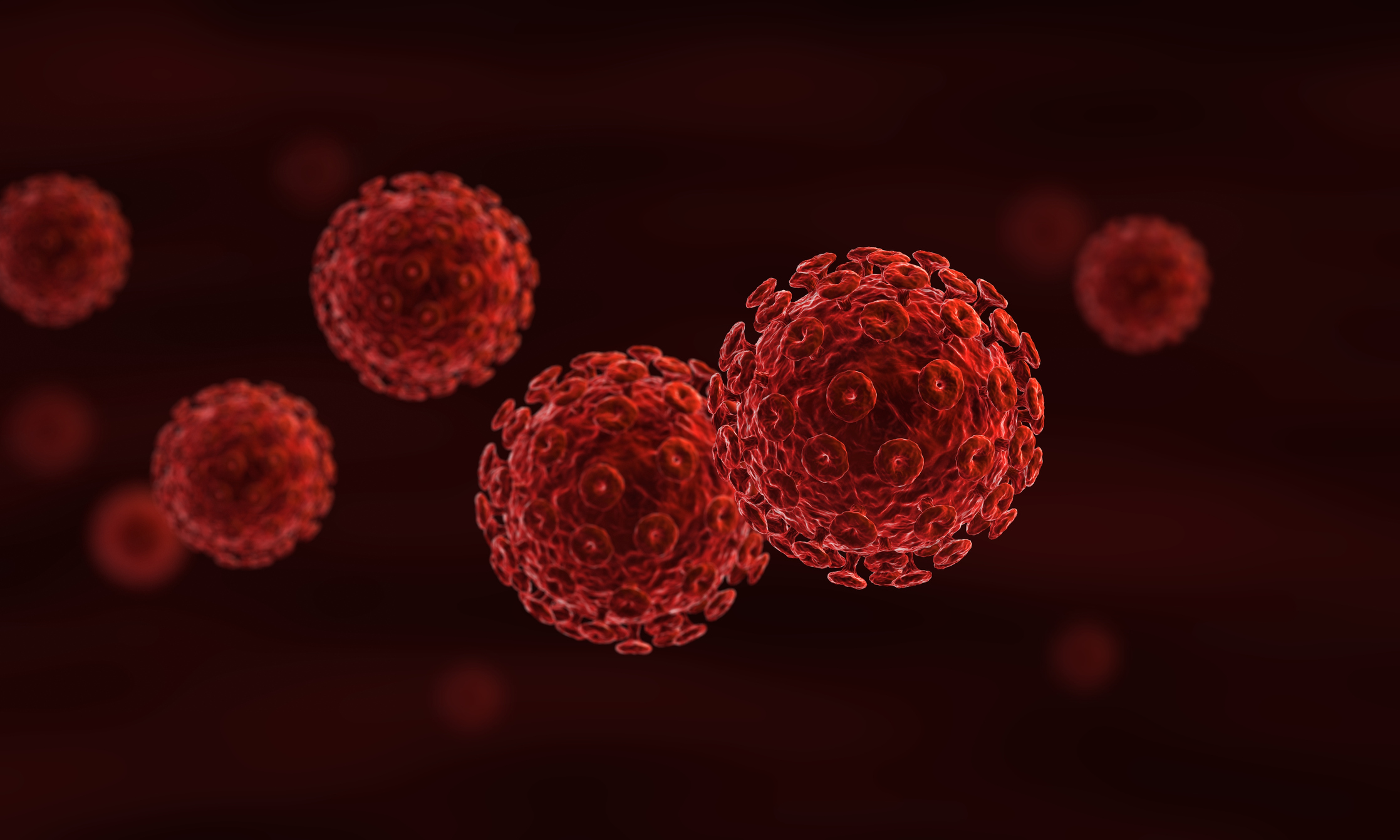HIV-exposed uninfected (HEU) children may have altered immune regulation and poorer neurodevelopment outcomes compared to their HIV-unexposed (HU) counterparts. However, studies investigating the association of maternal and infant inflammation with neurodevelopment in HEU children are limited and longitudinal data are lacking. This study investigated serum inflammatory markers in HIV-infected vs. uninfected women during pregnancy and in their children, as well as associations with neurodevelopmental outcomes at two years of age in an African birth cohort study. A sub-group of mother-child dyads from the Drakenstein Child Health Study had serum inflammatory markers measured at ≈26 week’s gestation (n=77 HIV-infected mothers; n=190 HIV-uninfected mothers), at 6-10 weeks (n=63 HEU infants and n=159 HU infants) and at 24-28 months (n=77 HEU children and n=190 HU children). Serum inflammatory markers [granulocyte-macrophage colony-stimulating factor (GM-CSF), interferon-γ (IFN-γ), interleukin IL-1β, IL-2, IL-4, IL-5, IL-6, IL-7, IL-8, IL-10, IL-12p70, IL-13, tumor necrosis factor-α (TNF-α), neutrophil gelatinase-associated lipocalin (NGAL) and metalloproteinase-9 (MMP-9)] were analyzed with a multiplex bead array and ELISA assays. The Bayley Scales of Infant and Toddler Development, third edition, was used to assess neurodevelopment at 24-28 months. After correcting for multiple comparisons, HIV-infection during pregnancy was associated with lower serum levels of inflammatory markers in mothers at 26 weeks gestation (GM-CSF and MMP9, p<0.05) and HEU children at 6-10 weeks (IFN-γ and IL-1β, p<0.01), and at 24-28 months (IFN-γ, IL-1β, IL-2 and IL-4, p<0.05) compared to HIV-uninfected mothers and HU children. In HEU infants at 6-10 weeks, inflammatory markers (GM-CSF, IFN-γ, IL-10, IL-12p70, IL-1β, IL-2, IL-4, IL-6 and NGAL, all p<0.05) were associated with poorer motor function at two years of age. This is the first study to evaluate the associations of follow-up immune markers in HEU children with neurodevelopment. These findings suggest that maternal HIV infection is associated with immune dysregulation in mothers and their children through two years of age. An altered immune system in HEU infants is associated with poorer follow-up motor neurodevelopment. These data highlight the important role of the immune system in early neurodevelopment and provide a foundation for future research.Copyright © 2020. Published by Elsevier Inc.
Association of maternal and infant inflammation with neurodevelopment in HIV-exposed uninfected children in a South African birth cohort.


